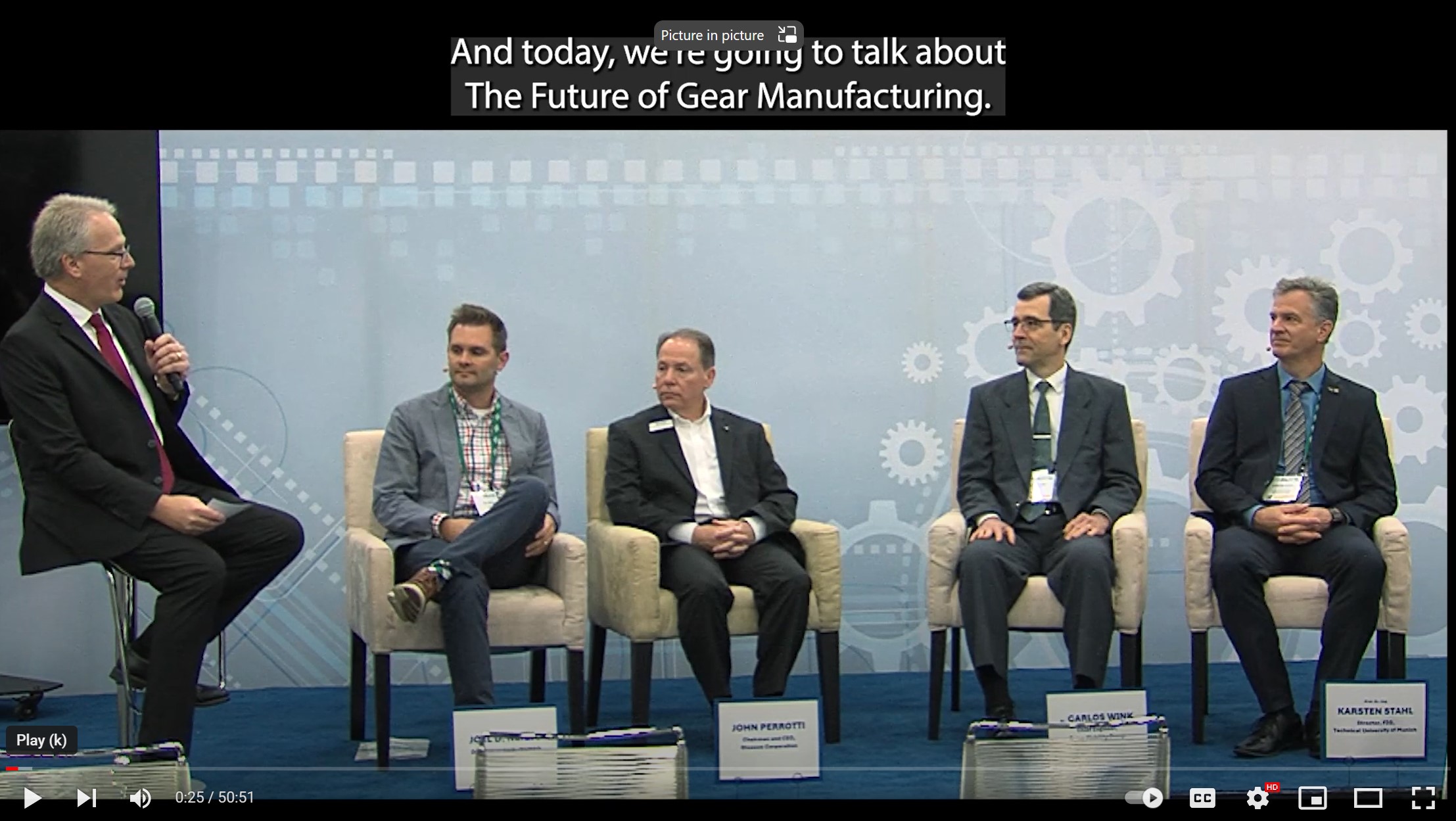Global Distributed Gear Production

Two significant gear producers from different ends of the market in terms of volume have recently invested in additional manufacturing plants in Asia and India. Q. Is this investment in distributed geographic production the risk it once was, or is it just a natural step towards servicing global customers in a global market? Terry Grubb, managing director of U.K. precision gear and aerospace contract manufacturing company Microprecision and Karl-Peter Simon, managing director of Bauer and senior vice president of geared motors for Altra both express common motivation for similar expansion and investment decisions.
Microprecision is a niche market player with a serious portfolio of clients. It has invested in building a technology and manufacturing center in Bangalore, India in order to service local customers and increase volume production, whilst German gearmotor manufacturer Bauer has invested in production in Eastern Europe and now China in order to provide service to global customers locally.
There is a theme here that follows the automotive model; after global car manufacturers and electronics giants had shown how large-scale distributed manufacturing can be made to work on a global scale — by using localized production facilities, there was a wave of initial investment in SME offshore manufacturing in the late 80s and 90s.
This move, essentially a cost cutting exercise, resulted in very bad press for many European, U.S. and even Japanese SME companies, as the drive to reduce costs resulted in loss of IP, quality issues and reduced investment in home markets. Many manufacturers pulled out of JVs and similar operations to re-shore their production and gain control over development and quality in the 2000s.
If you consider that the first wave, then the second wave is definitely not looking to establish low-cost manufacturing to re-export product into existing markets. The focus now is in supporting customers who are successfully manufacturing within fast developing economies and require the same products and subcontract/supplier support that they enjoy in their other global manufacturing bases.
Is this a safer place to be for SMEs now, allowing global expansion, and does it fit better into the deployment of a larger business globally? Microprecision fits the high-technology SME profile to a tee, selling advanced, often niche low-volume products at a premium based on the application of design and production knowledge and experience. Bauer, on the other hand, is part of the Altra Industrial Motion Group, headquartered in South Beloit, Wisconsin and is now the world’s largest producer of industrial clutches, brakes, couplings and geared motor products. The sheer volume of its production capability in Germany and abroad makes it a substantial global player. The expressed intention from both businesses is, however, remarkably similar, and the hopes and aspirations, backed-up by direct experience, are also similar.
“Our production facility in India is different to our U.K. operation; it’s a clean sheet of paper build for a start, but it is driven by the global demands of our customers,” said Grubb. “There is a growing and thriving aerospace community in India, partly thanks to government funding and partly due to the high caliber of local engineering talent. We may export some of the products we make in India in larger volumes, such as precision gear pumps, and many of the aerospace components we make in short batches will continue to be manufactured at our HQ in the U.K., but for small-to-medium size volumes of product that need to be supplied locally, the new India base is ideal. A common business language helps, but it is by no means essential to our decision to expand in India. We find that business is global now, especially for the larger aerospace, medical and automotive customers we have, so if we are to grow with our client base we needed to expand abroad.”
A major public step in Bauer’s current business expansion plan was taken when the company opened a new assembly plant in China. Contrary to current trends, the facility was established to provide local availability to customers already operating in China and develop local business, not, as other manufacturers had done, to seek a low-cost manufacturing base to import products back into Europe.
For the full story check out the August issue of Power Transmission Engineering.





